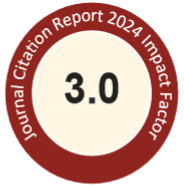Abstract
Aristolochic acid (AA), a mixture of aristolochic acid I (AAI) and aristolochic acid II (AAII), is present in Aristolochiaceae plants, many of which are used as herbal folk remedies. Plants containing AA, however, can be nephrotoxic, genotoxic and carcinogenic in humans. AA has been also associated with the development of tumors in mice and rats. Therefore, plant products containing AA have been banned in many countries. Because quantitative cancer risk assessment is based upon an understanding of the chemical's mode-of-action, it is necessary to determine whether the chemical is a mutagenic carcinogen. In this review, we present the available information concerning the genotoxicity of AA and discuss the possible mechanisms for mutation induction by AA. The evidences indicate that AA is mutagenic and this activity is mediated mainly by the formation of AA-DNA adducts. Not only does AA induce genetic damage and mutations in bacteria, mammalian cells, Drosophila, and rodents, but it is also demonstrated to induce mutations in the target tissues of the model animals and oncogenes from human. Many evidences from genotoxicity tests also indicate that AA is a clastogenic agent that breaks DNA and results in chromosome damage and chromosome mutations. These results indicate that AA is a mutagenic carcinogen.
Recommended Citation
Chen, T.
(2007)
"Genotoxicity of aristolochic acid: A review,"
Journal of Food and Drug Analysis: Vol. 15
:
Iss.
4
, Article 10.
Available at: https://doi.org/10.38212/2224-6614.2395

